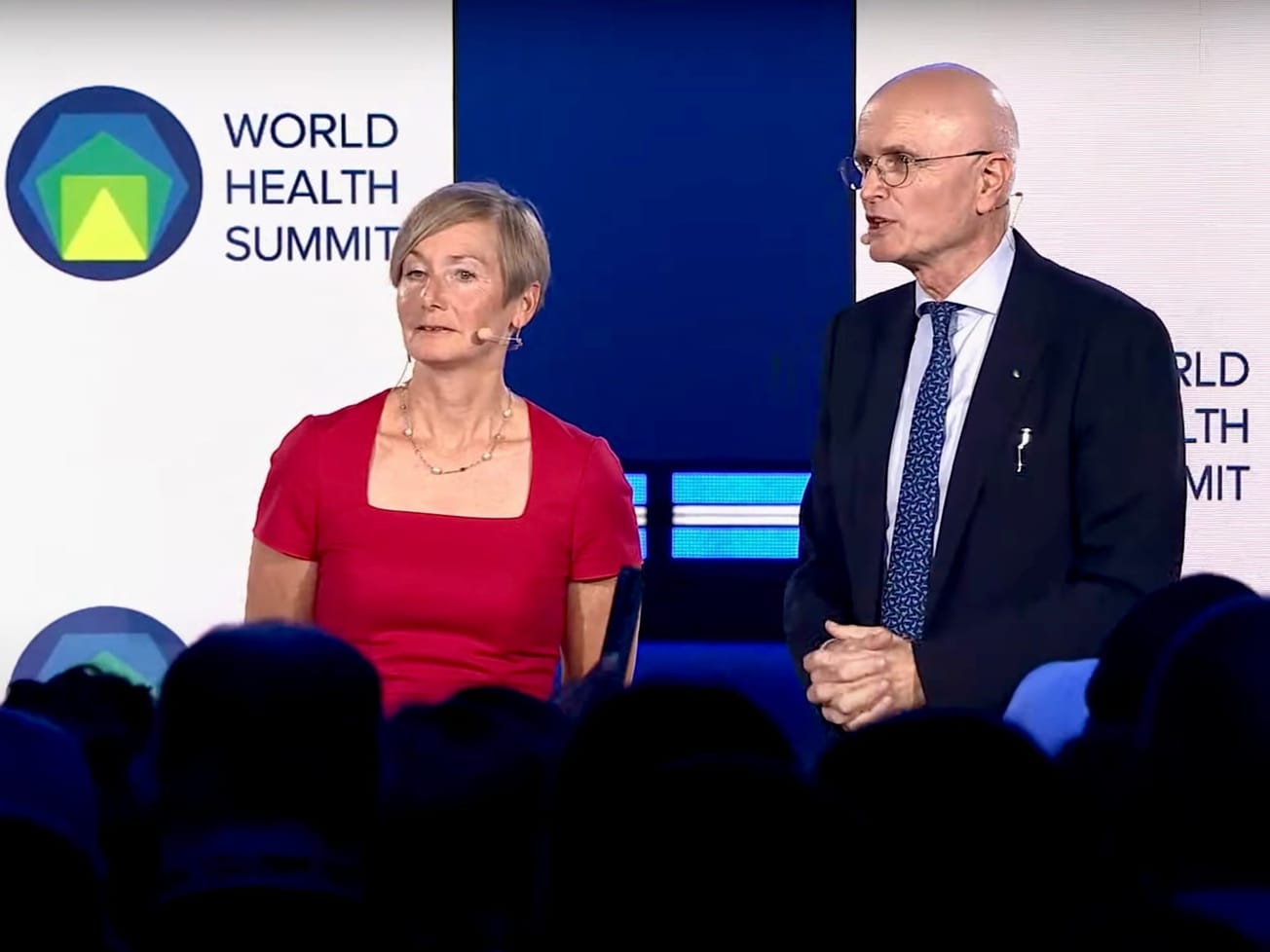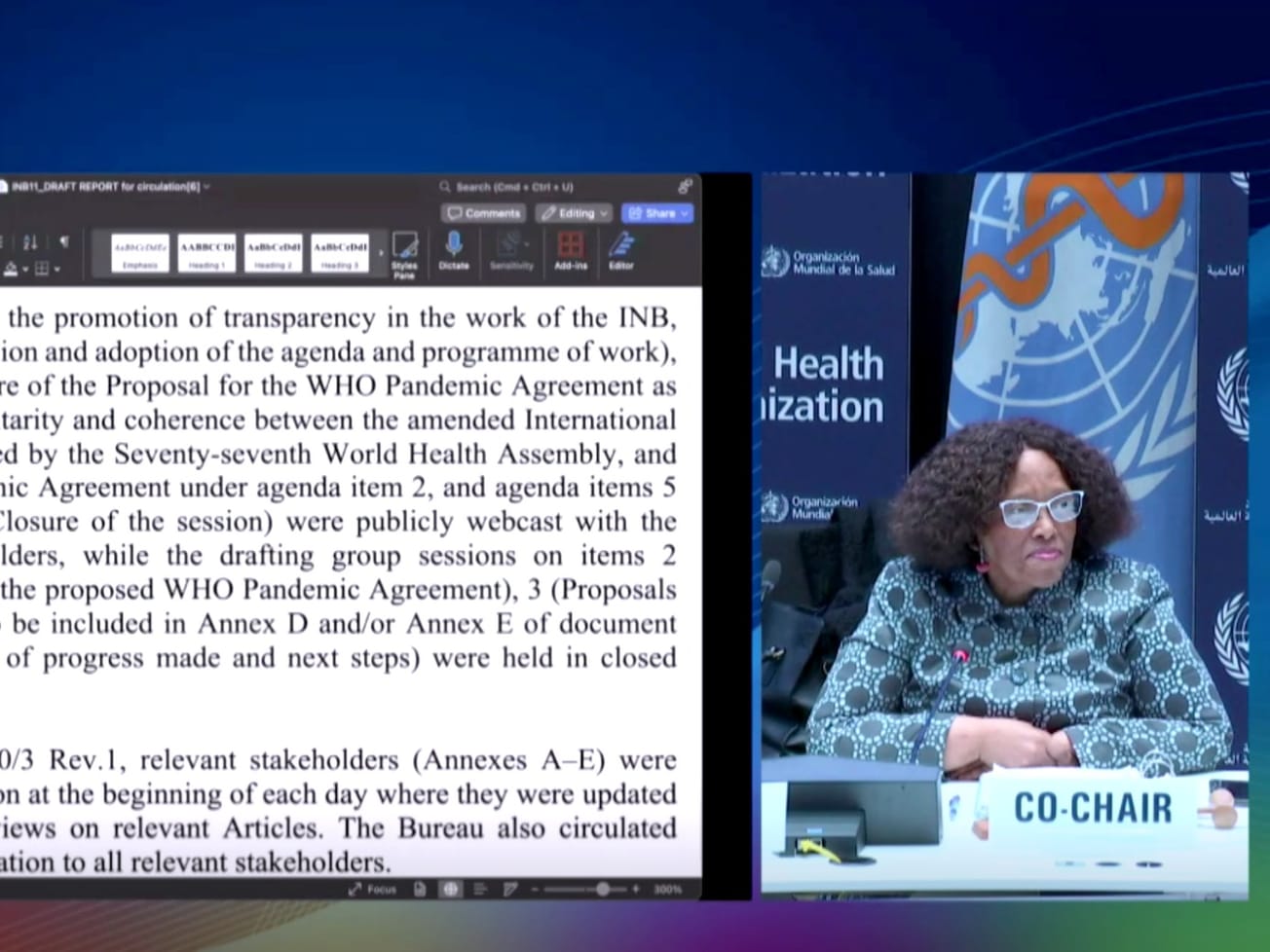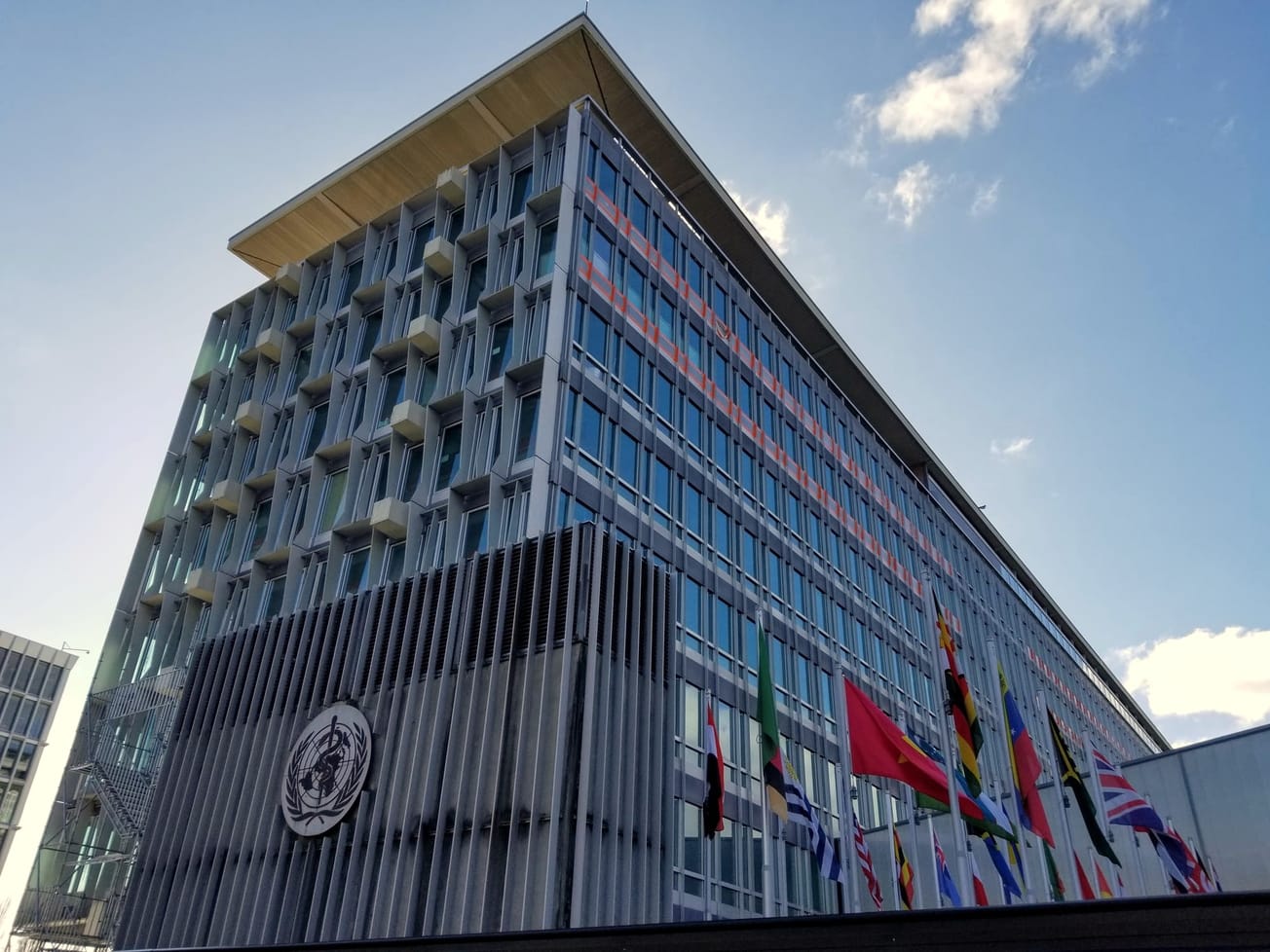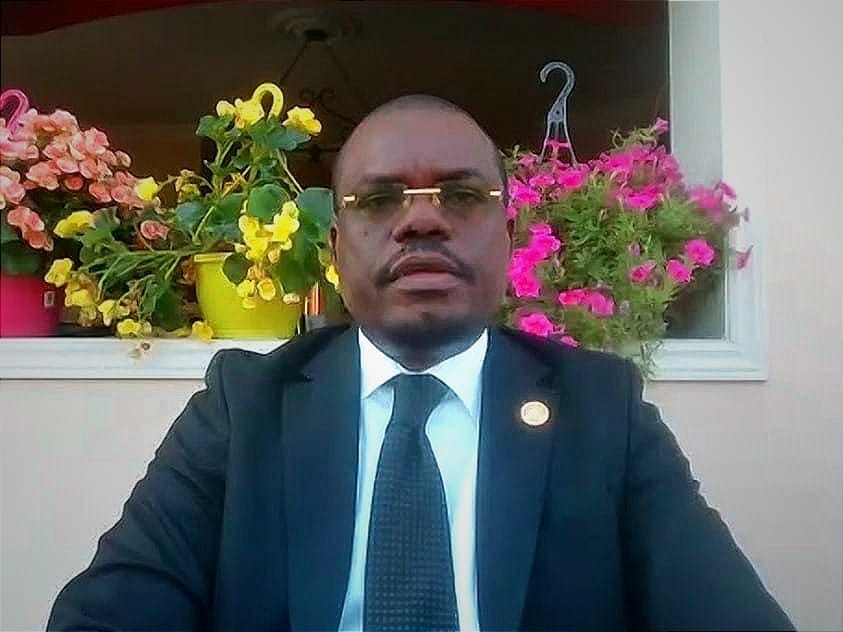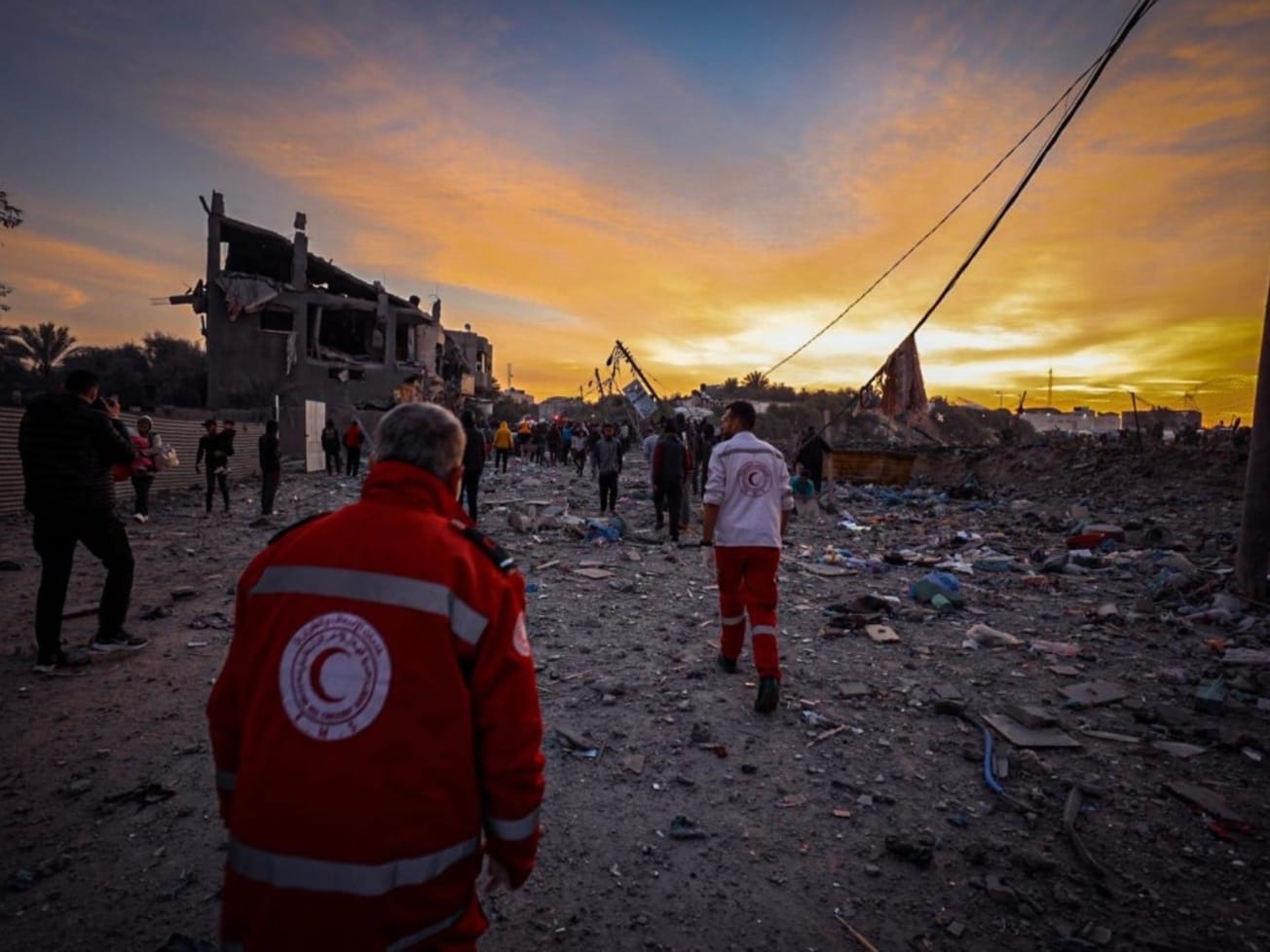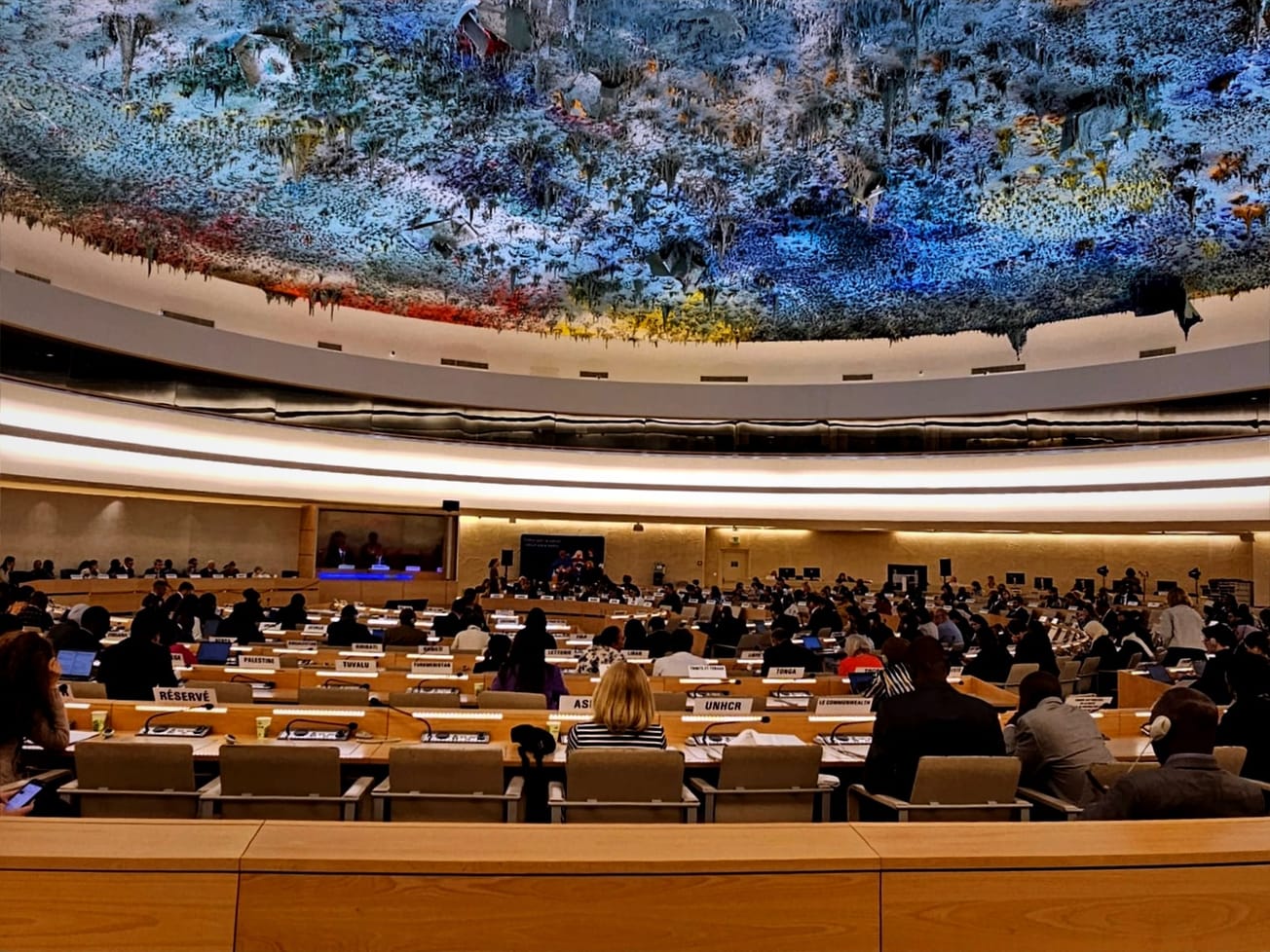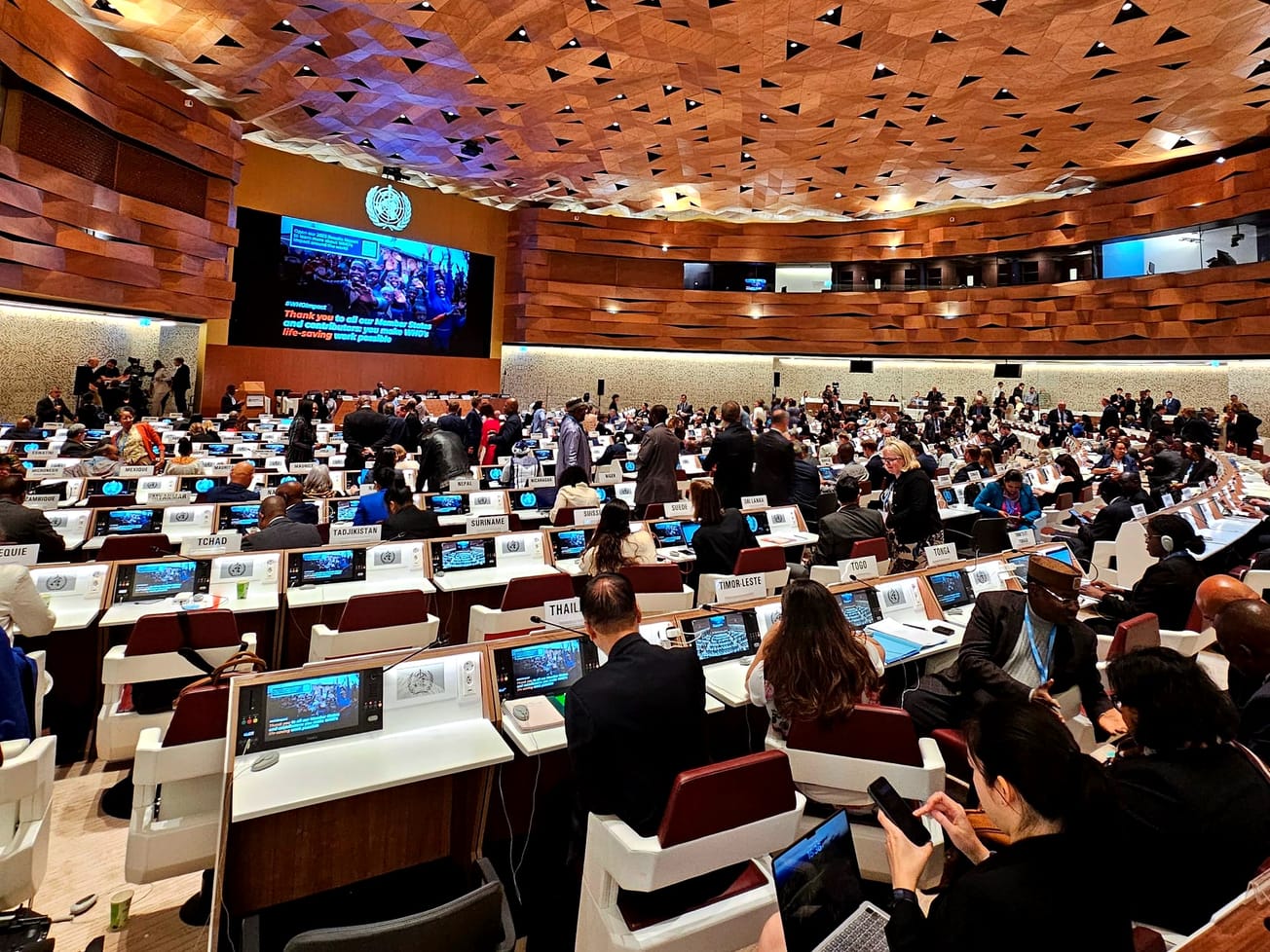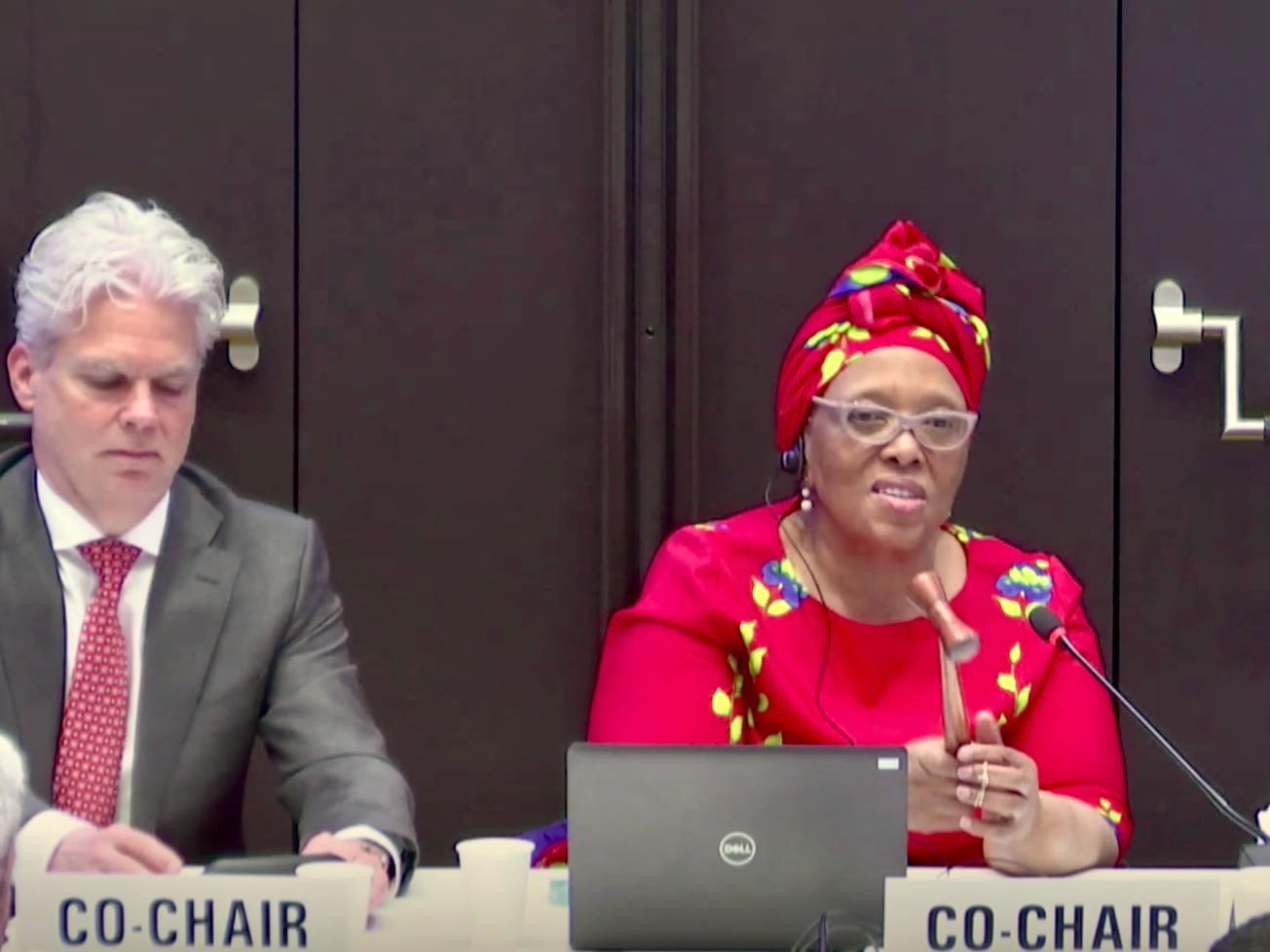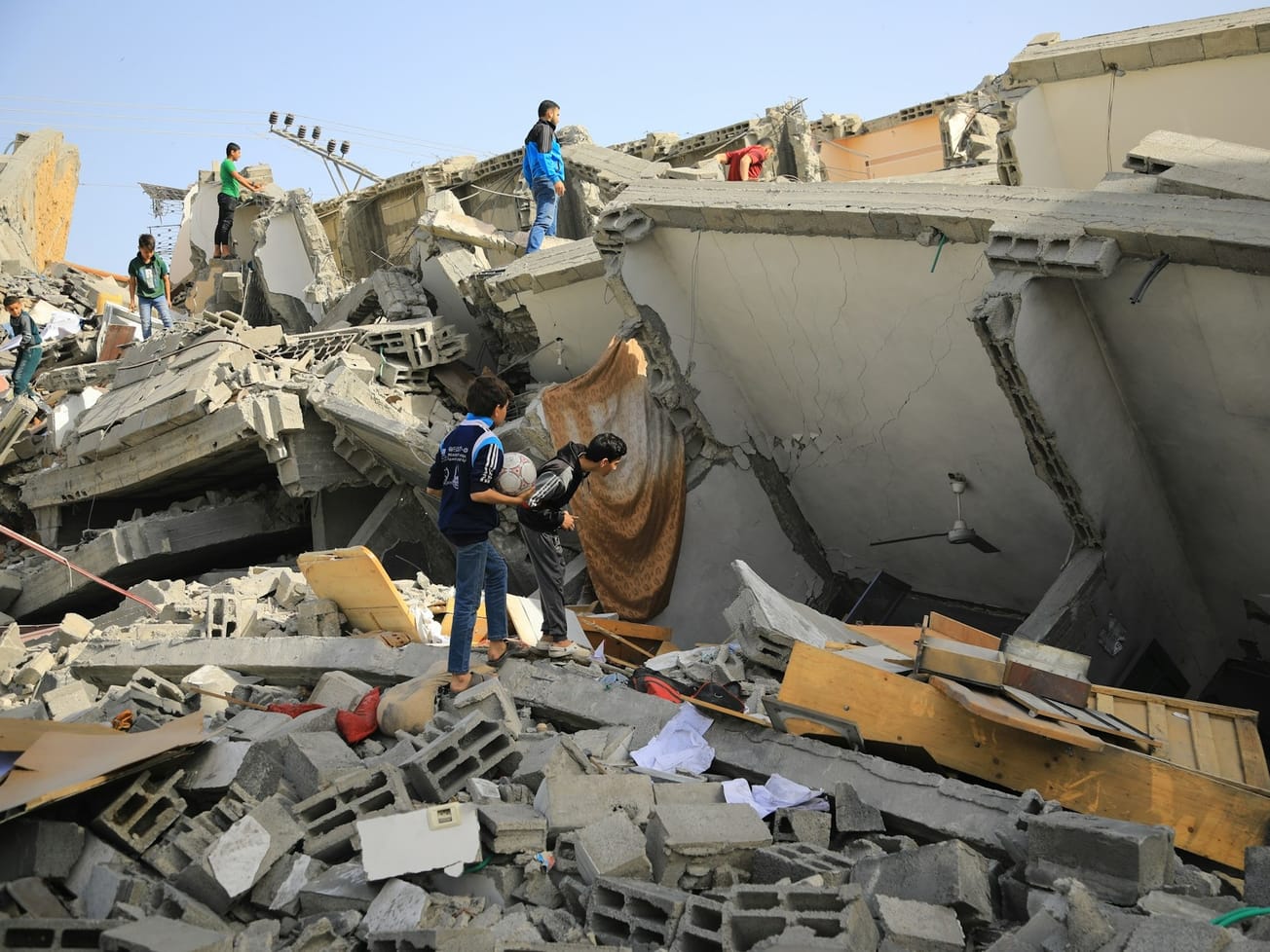
U.N. official: 'The entire population of North Gaza is at risk of dying'
Hospitals are attacked, health care workers detained, and men and boys are rounded up by Israeli forces in northern Gaza.
Already have an account? Log in
Hospitals are attacked, health care workers detained, and men and boys are rounded up by Israeli forces in northern Gaza.
WHO says it needs $11.1 billion for its core work over the next four years, but has only $4 billion in projected income.
For disabled kids and their families, navigating forced displacements amid the rubble is a life-or-death challenge.
If an agreement is reached before the end of the year, the World Health Assembly would need to meet in December.
The original target for the campaign was 640,000 children, which may have been an overestimate due to the war.
Global cooperation on health, defense, climate change and more would be at risk under a second Trump presidency.
The guidance comes weeks before the U.N. General Assembly takes up the issue of AMR at its high-level meeting this month.
The U.N. health agency's $135 million mpox plan covers mainly 'international support to national mpox responses.'
Alarmed at the spread of a new variant, the U.N. health agency's move follows an previous one that ended last year.
WHO will convene an emergency panel to determine if the mpox outbreak in Africa is a global public health emergency.
The U.N. secretary-general's special envoy for Yemen said regional dangers grew but the warring parties are talking.
The effects of climate change hit hard from the bombed streets of Gaza to the glitzy venues of the Paris Olympics.
Building debris may take $647 million and 15 years to clean up. Around 800,000 tons might qualify as hazardous waste.
The World Health Assembly amended its International Health Regulations and prolonged treaty talks up to a year.
The U.N. health chief called the pandemic treaty 'a once-in-a-generation opportunity' to improve global health systems.
WHO leaders and diplomats signaled they'll push for next week's World Health Assembly to reauthorize another try.
